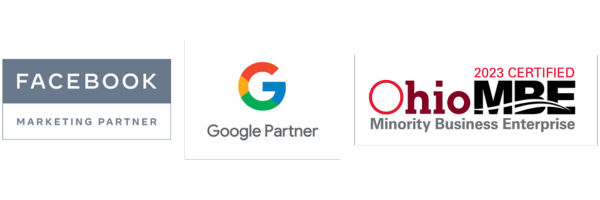
Using data analytics in healthcare has always been a hot topic of discussion. Now, GA4 and HIPAA are top of mind for everyone in the healthcare marketing and data industry. Given the complicated and conflicting guidance related to healthcare analytics, you may find yourself asking, “Is it even worth it?:
The answer is a resounding Yes.
Using this data has the potential to transform the healthcare industry. Data provides insights that can improve patient results, lower costs and increase healthcare quality. However, using sensitive patient data, like PII and PHI, is prohibited. This makes it more important than ever to ensure your organization is using data analytics safely and ethically. Here are a few considerations for safely using data analytics in healthcare:
Protecting Patient Privacy
In healthcare, protecting PII and patient privacy when using data analytics are top priorities. This includes following all relevant privacy laws and regulations, especially HIPAA.
To avoid patient identification, data analysts should de-identify or anonymize data. They should also restrict access to patient data to authorized personnel only. Store and transmit data securely, using encryption and other measures to prevent unauthorized access.
Maintaining Ethical Standards
The use of data analytics in healthcare raises ethical concerns, such as the potential for discrimination or bias. When using data analytics, it is crucial to maintain ethical standards. This involves using patient data responsibly and prioritizing the patient’s best interests.
In addition, healthcare organizations should establish clear ethical guidelines for the use of data analysis. These guidelines should include instructions for data collection, analysis and reporting. Analysts should analyze data objectively and transparently. They should provide clear explanations for any insights or decisions made based on the data.
 Engaging Patients and Healthcare Providers
Engaging Patients and Healthcare Providers
In addition, it is essential to engage patients and healthcare providers in the use of data analytics in healthcare. Patients should know how you are using their data and should have a say in it as well. Involving healthcare providers in the process is important. They can provide insights and feedback on how using data analytics can enhance patient outcomes.
Ensuring Data Accuracy and Quality
Data accuracy and quality are essential when analyzing data, especially in the healthcare industry. Incorrect or incomplete data can lead to inaccurate insights and decisions. To ensure data accuracy and quality, healthcare organizations should establish clear data governance policies and procedures. These should include data quality checks and validation processes.
In addition, healthcare systems can automate these processes using Google Analytics 4. Google released easy-to-understand guidelines for implementing GA4 according to HIPAA regulations.
Harness the potential of data analytics to transform healthcare. However, it is crucial to use it with due regard for patient privacy, data accuracy and ethical standards. Consider taking these thoughts into account. Engaging patients and healthcare providers can help healthcare organizations use data analytics to enhance patient outcomes. You can do this while also protecting patient privacy and safety.

 Engaging Patients and Healthcare Providers
Engaging Patients and Healthcare Providers